COVID-19 has introduced us to heavy social restrictions and ongoing disruption to our daily habits and routines in both our professional and personal lives. We have been forced to adapt to rapidly changing rules and expectations in relation to how we do our work, interact with friends and family, and go about our daily lives.
Being pushed into sudden change, having to give up comfortable practices and / or long-standing habits can be difficult; it confronts us with uncertainty, the vague but powerful threat of the unknown, and having to admit that all sense of control over our lives – can be a delusion.
The other difficulty we have been grappling with is the abrupt nature in which our normal, socially well-connected and busy lives have been brought to a halt. Prior to COVID-19, the ready availability of 24/7 distraction was a hallmark of modern life. For many of us, life used to revolve around the next project, task, achievement, holiday, party, PT / yoga / gym session, networking, sporting or social event.
It’s no surprise then that suddenly finding ourselves at home, with not much else then to just be, can be surprisingly soothing / peaceful for some and for others a slightly frightening, overwhelming experience. With nothing much to do to quieten down our fear, anger, frustration, confusion or grief over the normal life we have been asked to let go, our thoughts and emotions may suddenly feel amplified and even uncontrolled.
Here are some ideas for simple yet powerful self-care practices that help us to connect with our body and senses to slow down and calm down our anxious minds:
- Gently stretch and move your whole body. Start slow, tune in to find areas of tension and stiffness. Give sore, achy parts a good rub. Alternatively, you can use a foam roller to gently stretch out and relax tight muscles.
- Tap into your sense of smell. A simple pleasant sensory cue picked up by your nose can have a big impact on your emotions: your olfactory bulb (which starts in the nose and runs to the bottom of your brain) is directly connected with two brain areas that are strongly implicated in emotion and memory, the amygdala and hippocampus. Try a relaxing bath with added scents you like, or experiment with different oils (e.g. fruity, herbal, earthy or flowery) in an oil diffuser.
- Tune into your breath. Follow it as it enters and leaves your body, and stay with it for at least 10 rounds. Put one hand on your chest and the other one on your belly to feel how your whole body expands and contracts with your breath.
- Listen to your favourite type of music. Try to pick out and focus in turn on individual parts of each song, eg. melody, rhythm and lyrics.
- Go for a walk and stay in the moment. If you are at the beach, feel the sand under your feet and how you are slightly sinking in with each step. Hear the waves crashing or gently rolling ashore. If you choose a forest walk, smell the trees, listen to the soft sounds the moving leaves are making in the wind. Wherever you are, use all yours senses to deepen the experience.
- Write a letter to your younger self. Describe the most important lessons that you have learned, the challenges you have overcome and the happiness you have found along the way. The heartbreaks and the successes. What’s the most important message you would like to give to your teenage or student self?
- Completely unplug for half a day or longer. Switch off all mobile devices and go offline. Resist the urge to switch it back on early “just to check” for important messages or news. It’ll still be there when you finally go online again.
If you would like to learn more, don’t hesitate to reach out to the QLS Solicitor Support service on ethics@qls.com.au or p. 3842 5843 to speak to someone in a judgement-free and supportive environment.
Rebecca Niebler is QLS’s Organisational Culture and Support Officer, QLS Solicitor Support (QLS Ethics and Practice Centre)
15 April 2020



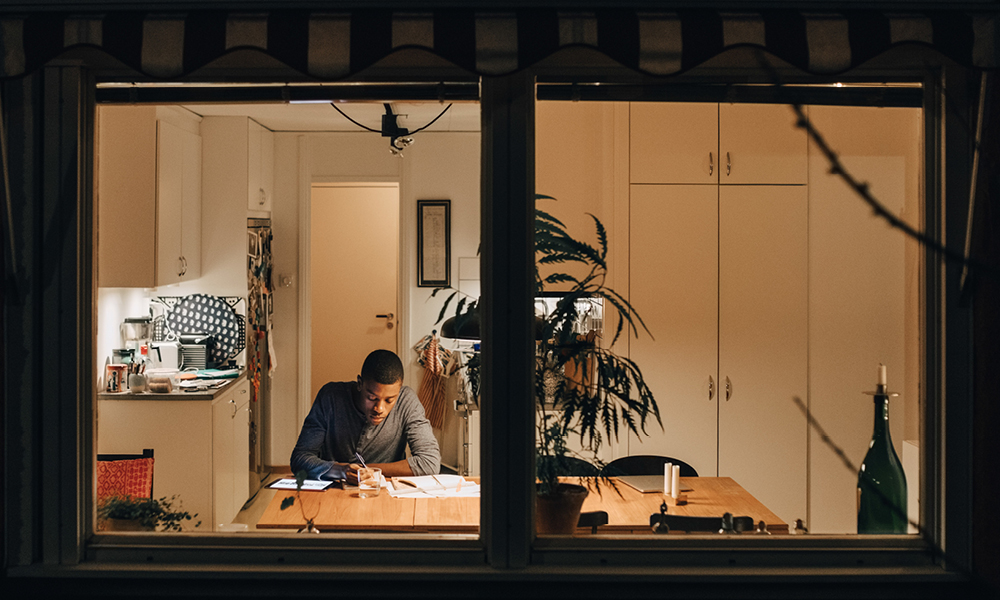




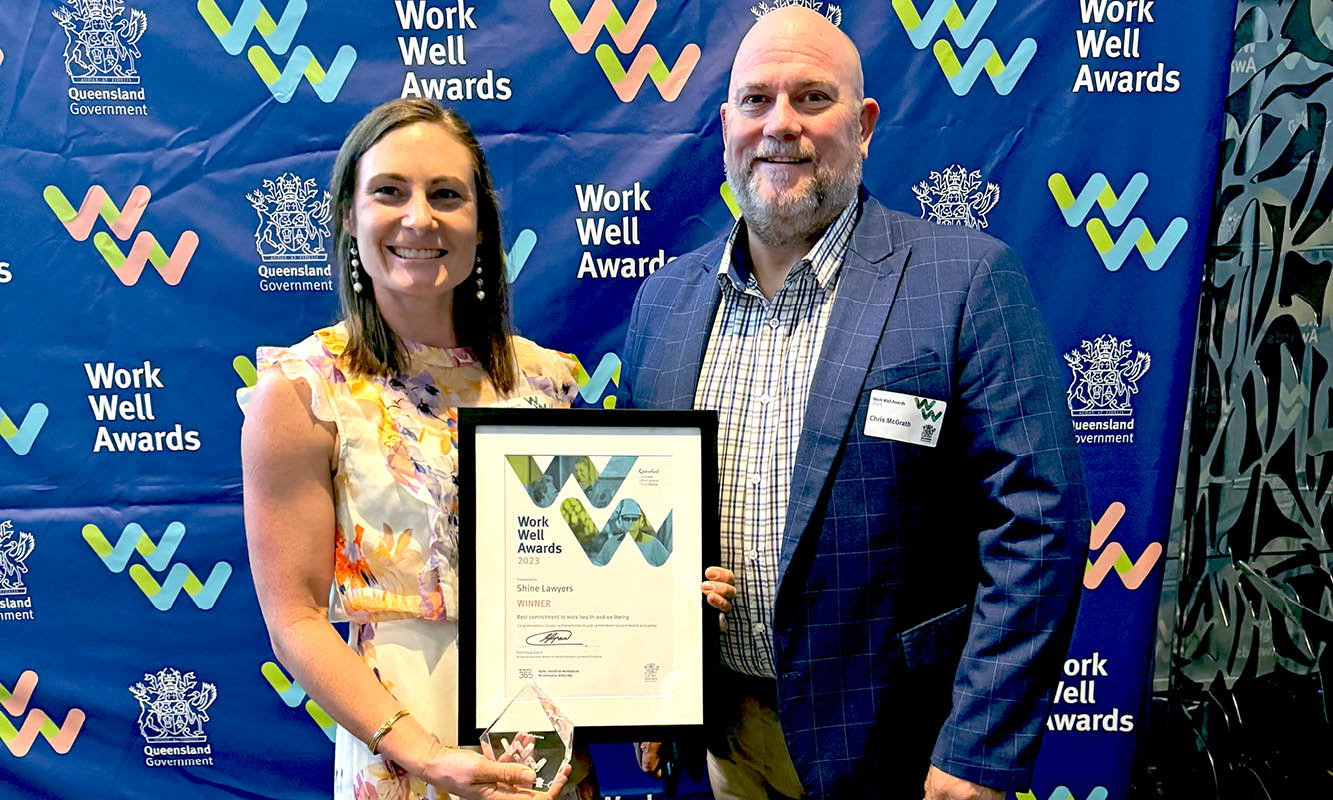
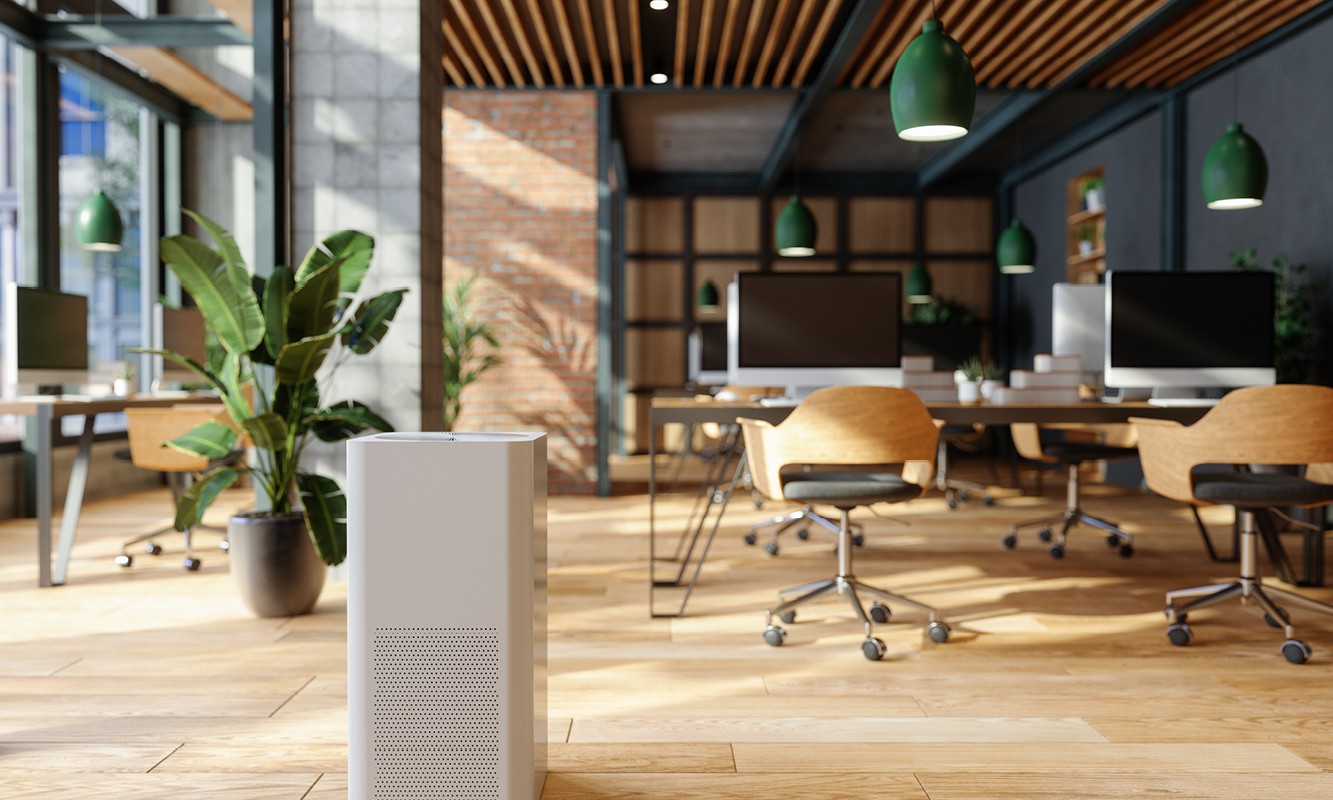
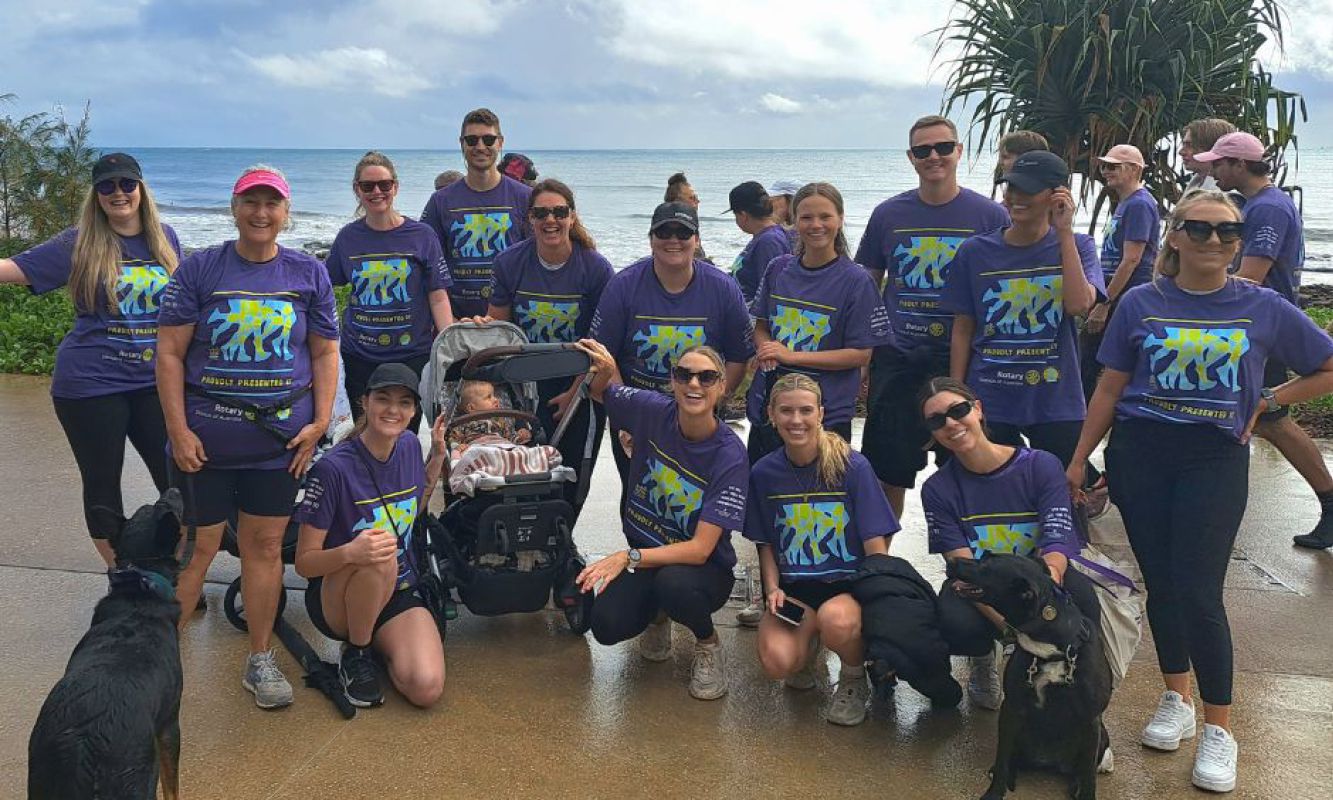
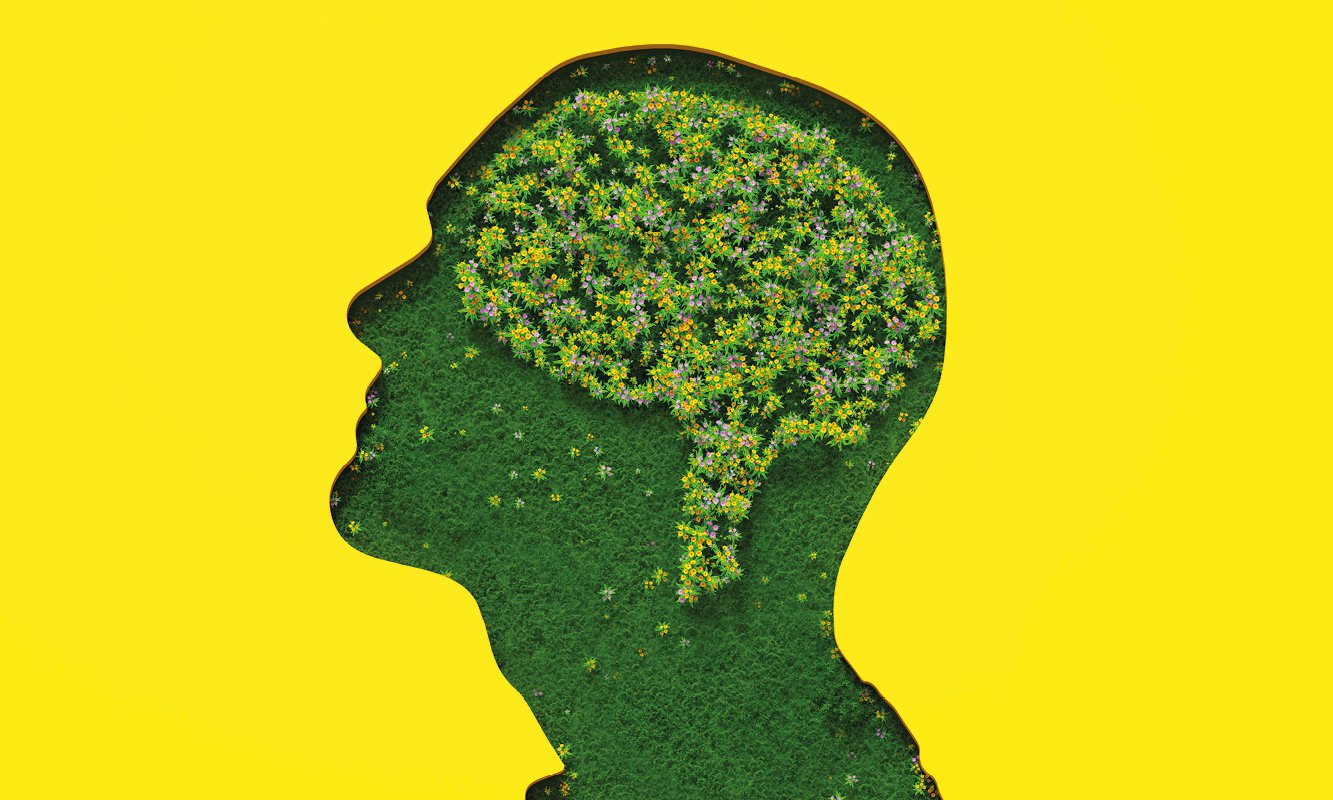


Share this article